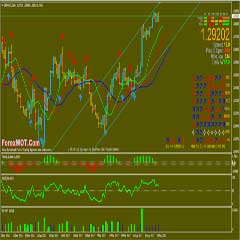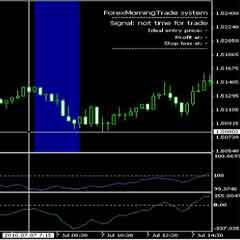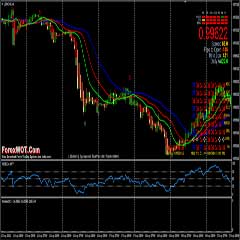Foreign exchange regulation is a form of financial regulation specifically aimed at the Forex market which is decentralized and operates with no central exchange or clearing house. Due to its decentralised and global nature foreign exchange market has been more prone to foreign exchange fraud and has been less regulated than other financial markets.
However some countries do regulate forex brokers through governmental and independent supervisory bodies, for example the National Futures Association and the Commodity Futures Trading Commission in the US, the Australian Securities and Investments Commission in Australia and the Financial Conduct Authority in the UK.

These bodies act as watchdogs for their respective markets and provide financial licenses to organizations that comply with local regulations.
Foreign Exchange Regulation Objective
The objective of regulation is to ensure fair and ethical business behaviour. In their turn all foreign exchange brokers, investment banks and signal sellers have to operate in compliance with the rules and standards laid down by the Forex regulators.
Typically they must be registered and licensed in the country where their operations are based. Licensed brokers may be subject to recurrent audits, reviews and evaluations to check that they meet the industry standards.
Foreign exchange brokers may have capital requirements which require them to hold a sufficient amount of funds to be able to execute and complete foreign exchange contracts concluded by their clients and also to return clients’ funds intact in case of bankruptcy.
Each Forex regulator operates within its own jurisdiction and regulation and enforcement varies significantly from country to country.
In the European Union a license from one member state covers the whole continent under the Mifid regulation and has resulted in regulatory arbitrage where companies select the EU country that imposes the least controls such as CySEC in Cyprus.
Not all foreign exchange brokers are regulated and many will register in jurisdictions that impose low-regulatory environments such as tax havens and corporate havens that form part of offshore banking.











